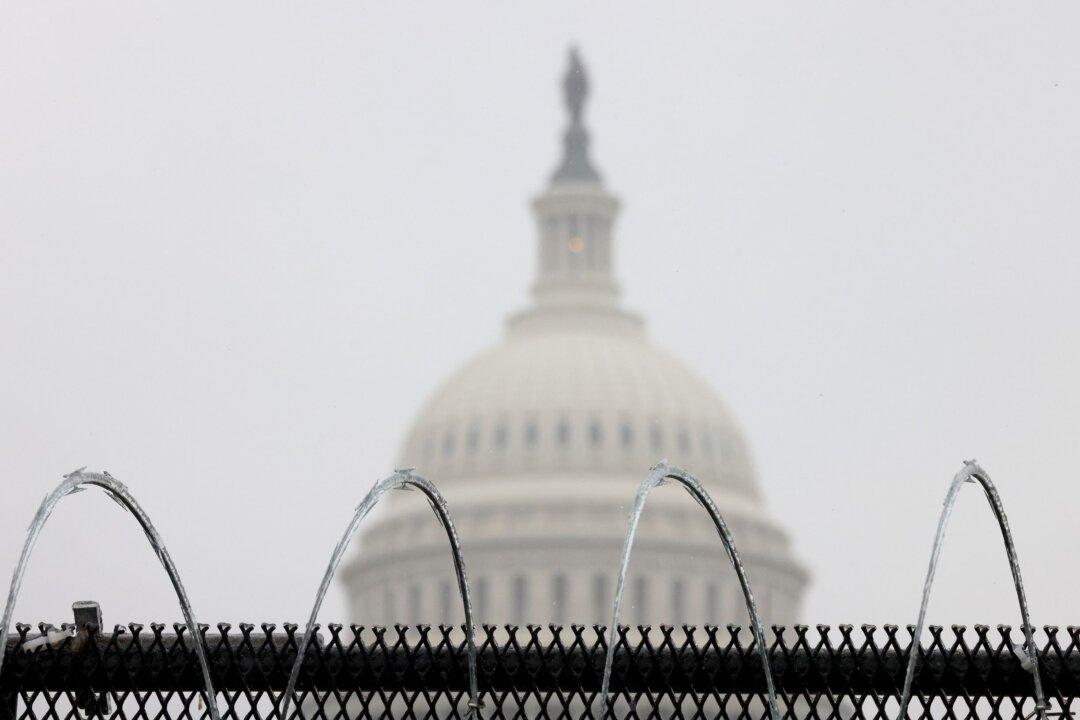Commentary
As I write, the Senate has just acquitted former President Donald Trump. The incident offers some lessons for conservatives. These lessons are presented in no particular order. All are important.

As I write, the Senate has just acquitted former President Donald Trump. The incident offers some lessons for conservatives. These lessons are presented in no particular order. All are important.